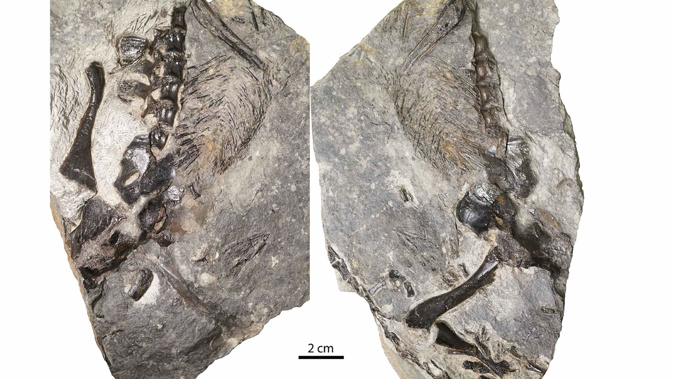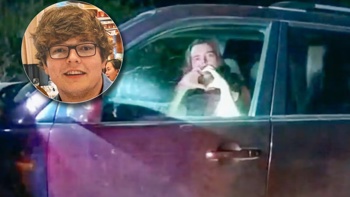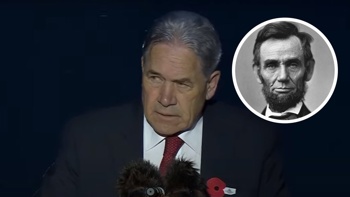
Little is known about Paleozoic creatures' parental prowess. But a newly uncovered 300-million-year-old fossil might be the earliest evidence of a parent, well, acting like a parent.
Researchers from Carleton University in Ontario, Canada, discovered the partial skeleton of a lizard-like creature that had wrapped its tail around the skeleton of a smaller creature of the same species.
Based on the "denning" position of the two and the difference in their sizes, the creature might've been a parent shielding its wee offspring -- a behaviour widespread among mammals today.
Fossils from later periods have shown animals in similar positions, but this might be the oldest example of parental care, according to findings published in Nature Ecology & Evolution.
Paleozoic lizards could make good parents
The fossil suggests that ancient lizard was acting out of "parental care" for the offspring -- divesting resources to improve their young's life chances.
The two were preserved in a lithified tree stump on an island off Nova Scotia in what the authors believe could've been their den. Their position indicates that the lizard parent cared for its offspring long after its birth and concealed it in the moments before their death -- two hallmarks of parental care in mammals.
What's more, the fossil suggests that a parent's investment in one offspring instead of several might be a feature of the Paleozoic period, the authors wrote.
Lizards are reptiles, not mammals. But this creature barely resembled the lizards of today -- it was a Varanopid, a now-extinct family of lizard-like animals.
Once animals started laying eggs on land, their evolutionary paths diverged, researchers said. One branch produced birds, reptiles and dinosaurs, and another (that included the Varanopid) led to mammals.
It seems the tendency to care for offspring evolved with them.
Take your Radio, Podcasts and Music with you









